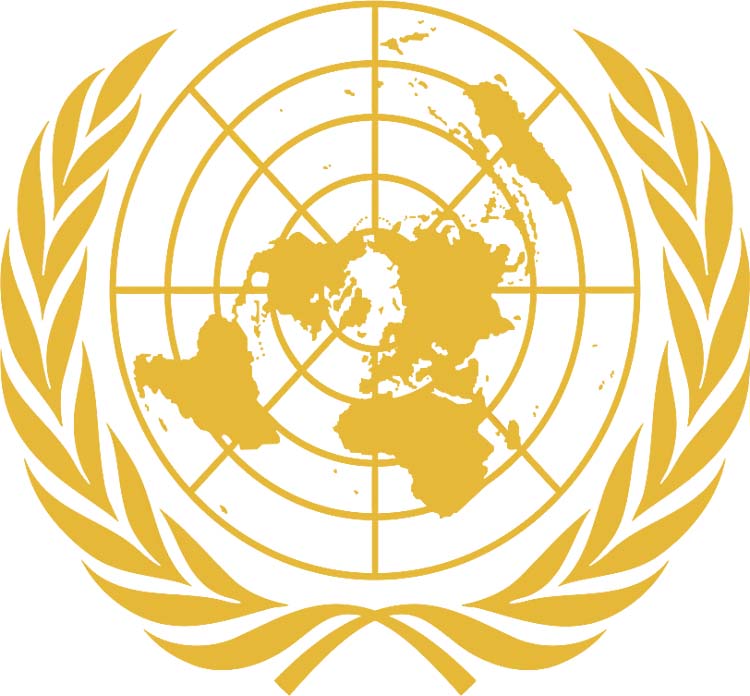Many leadership roles provide job autonomy, usually meaning the freedom to expand on the job duties and responsibilities you were hired to perform. Job autonomy also refers to how and when you perform your duties, as well as the level of independent judgment and discretion required to do your work.
Nearly half of all women are denied their bodily autonomy, according to a data from 57 countries, the UN Fund for Population Activities said in a flagship report.

In its simplest sense, autonomy is about a person’s ability to act on his or her own values and interests. Taken from ancient Greek, the word means ‘self-legislation’ or ‘self-governance. In order to do these things, the autonomous person must have a sense of self-worth and self-respect. The definition of autonomy is independence in one’s thoughts or actions. A young adult from a strict household who is now living on her own for the first time is an example of someone experiencing autonomy. The ability of an individual to exercise his or her rights, have choices respected, remain independent and be involved in his or her own care decisions. Psychiatry. Ethical principle of individual self-determination. Hence, some moral autonomy is necessarily a good thing insofar as moral agency is to be valued. Clearly, rudimentary autonomy is neutral between good and evil, in that some people who possess it do acts that are praiseworthy whereas others do acts that blameworthy.
Many leadership roles provide job autonomy, usually meaning the freedom to expand on the job duties and responsibilities you were hired to perform. Job autonomy also refers to how and when you perform your duties, as well as the level of independent judgment and discretion required to do your work. Nearly half of all women are denied their bodily autonomy, according to a data from 57 countries, the UN Fund for Population Activities said Wednesday in a flagship report. The 2021 State of World Population report, titled My Body is My Own, marks the first time a UN report focuses on the power and agency of individuals to make choices about their bodies without fear, violence or coercion. The report examines data on women’s decision-making power and on laws supportive of sexual and reproductive health and rights.
Tragically, only 55 per cent of women have bodily autonomy, according to measurements of their ability to make their own decisions on issues relating to health care, contraception and whether to have sex. The report also highlights the legal, economic and social barriers to securing bodily autonomy for all. Twenty countries or territories, for example, have “marry your rapist” laws that allow perpetrators to escape punishment if they marry their victims, codifying the denial of autonomy experienced by survivors of rape. But some of the most persistent barriers to bodily autonomy involve stereotypes, assumptions and misconceptions about bodily autonomy and the rights of women and girls. “The few people who have heard of bodily autonomy associate it with negative ideas,” said Romeo Alejandro Méndez Zúñiga, a youth educator in Guatemala who was interviewed in the report, “because it affects the patriarchal male chauvinist system.”
The report lays bare seven common myths about bodily autonomy and why those must be abandoned once and for all. These are Bodily autonomy is a Western concept, There is no right to Bodily autonomy, Bodily autonomy represents radical individualism; it undermines group decision-making, One person’s bodily autonomy could end up undermining the autonomy of others, Some groups of people are not entitled to bodily autonomy, Bodily autonomy undermines traditions and religions, Bodily autonomy is just another women’s issue. Any concern affecting the welfare of half of humanity cannot be dismissed as a “women’s issue”. But bodily autonomy does not simply affect women.
Every individual should be empowered to claim their bodily autonomy. This includes men, women, boys and girls, people of diverse sexual orientations and different gender expressions. It includes people of all races, faiths, nationalities and disability status. The report shows that men, too, can be subjected to violations of bodily autonomy, such as through invasive non-consensual anal exams. People of all genders can experience reproductive coercion – behaviours that interfere with the reproductive choices of others – and even rape. As is the case with achieving gender equality, the realization of bodily autonomy will fortify the welfare of all people, men and women included.
An essential part of contemporary human rights is the concept of personal autonomy. Every person has to have autonomy so that he/she can feel free to make decisions. Autonomy is partly protected in medical law through the concept of informed consent. Before any treatment is given or procedure performed on a patient, she must, if competent, give consent. A person who feels free to make decisions will feel secure and happy. Of course, we cannot underestimate the role of society.

